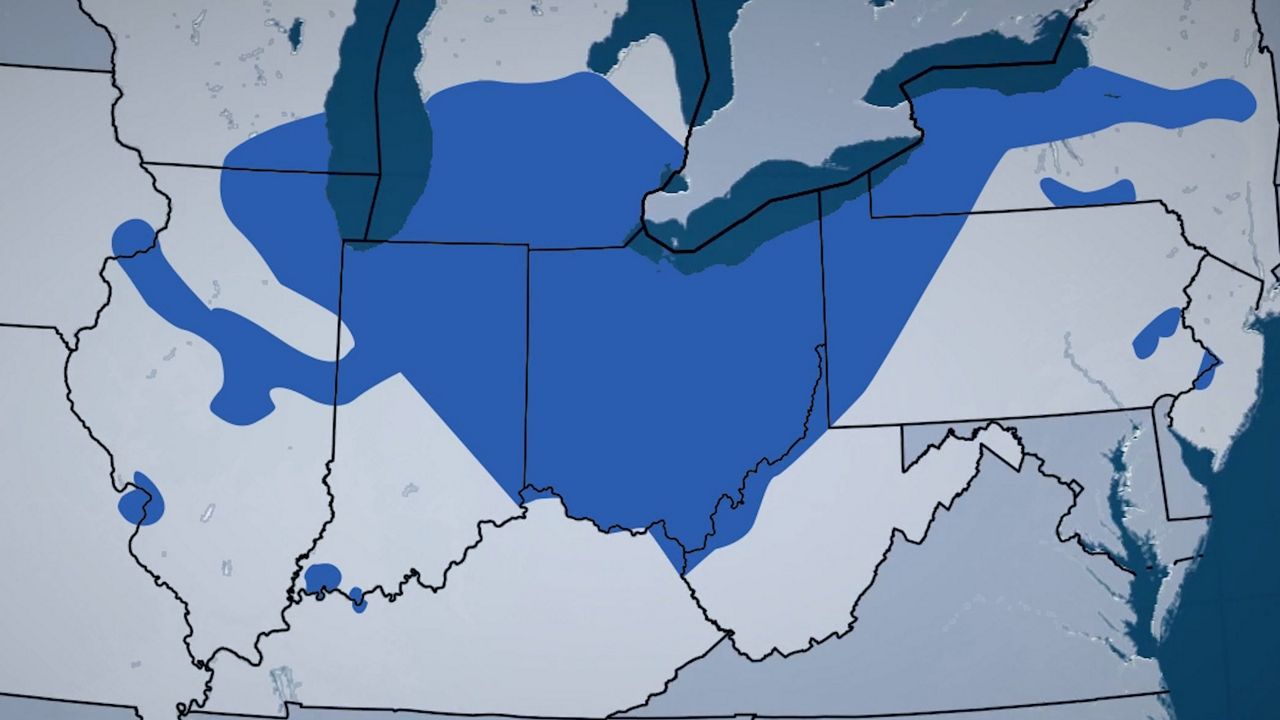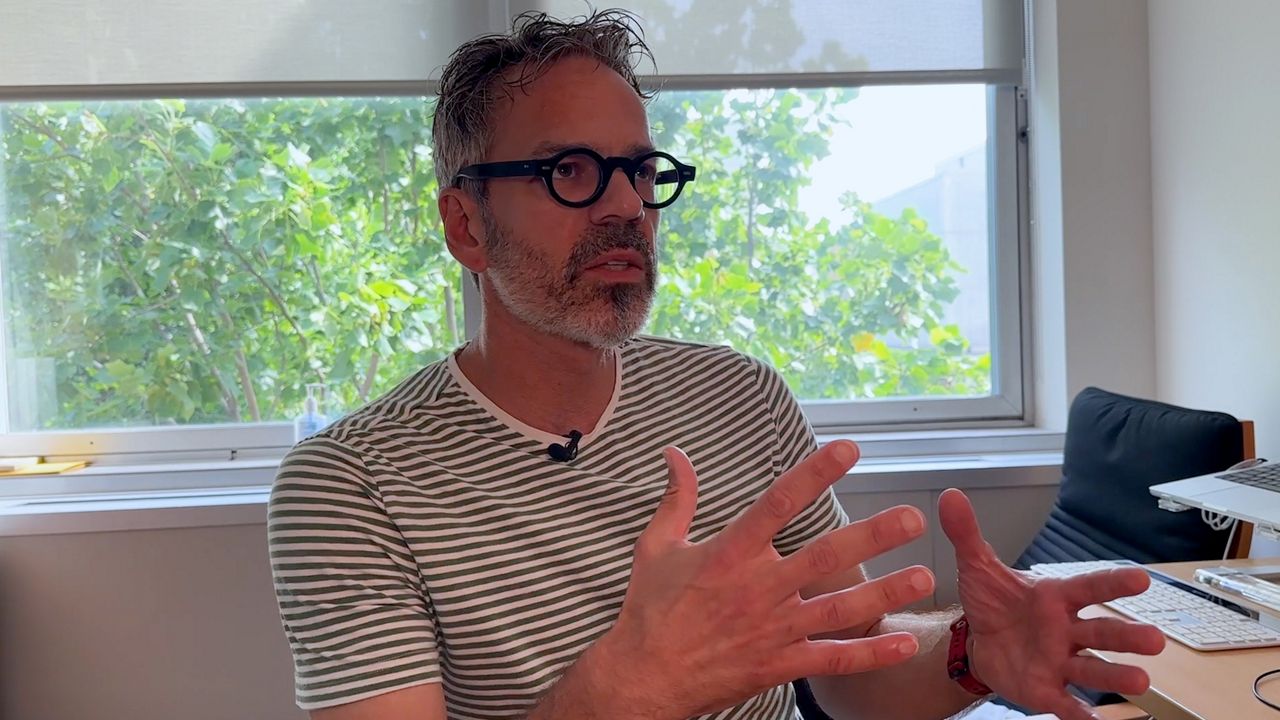MILWAUKEE — With Ohio Sen. JD Vance out on the campaign trail as the Republican vice-presidential running mate, the term “Rust Belt” has been tossed around a lot, including during the Republican National Convention (RNC) in Milwaukee, as a quality that may appeal to Midwesterners.
History has a way of repeating itself. The Rust Belt description gained popularity on the campaign trail, where it is again being used.
The term took off in 1984 when presidential hopeful Walter Mondale uttered the phrase “rust bowl” as he criticized Ronald Reagan’s trade policies during a stop in Cleveland, Ohio.
Coincidently, the phrase is popping up again as Vance of Ohio used his primetime speech during the RNC to appeal to so-called Rust Belt voters.

Though Rust Belt states can be mapped out, Simeon Alder, an assistant professor of economics at the University of Wisconsin-Madison, said it’s not all about geography.
“It’s a set of industries that happened to be concentrated around the Great Lakes,” Alder said.
The "belt" is also historically characterized by the type of goods manufactured, as well as labor management practices.
“So, it’s steel. It’s autos. And then some smaller ones like rubber tires, and it’s no accident that they are in this region,” Alder added.
As Wisconsin sits on the shores of the Great Lakes, some are wondering if the term is a fair label for the state in 2024.
“I think now, you would want to be more differentiated,” Alder explained when asked.
He said he believes the answer depends on the specific area, as some cities within Rust Belt states have rebounded from industrial decline.
“One of the, maybe, hallmarks of Wisconsin is we still have an unusually high share of manufacturing employment relative to the national average,” Alder said.

Alder said one possible contributing factor could be the controversial policies in recent years that loosened bargaining power in the Badger State.
“But it did, I think, give rise to some degree of new dynamism within manufacturing,” Alder added.
According to an analysis by the Wisconsin Policy Forum, no state since the year 2000 has experienced a more significant drop in the number of employees who are union members than Wisconsin.
Leaders at the Wisconsin Economic Development Corporation (WEDC), who spend their days helping to spur business, believe the moniker is misleading.
“The concept of Rust Belt makes it sound like we stopped making things, and it’s just not true,” Missy Hughes, who serves as secretary and CEO of the organization, said. “We’re making the most incredible advanced machinery. Things like MRI machines and CAT scans. We produce gummy bears every day that are exactly the same every time they come out of the machine, so we are in no way a Rust Belt state.”
Instead, Hughes prefers “Forward” to describe the state’s industrial status.
“The motto for the state has been useful for 150 years. It’s going to be useful for the next 150 years,” Hughes stated.
It’s a slogan that shows no sign of rusting any time soon.



